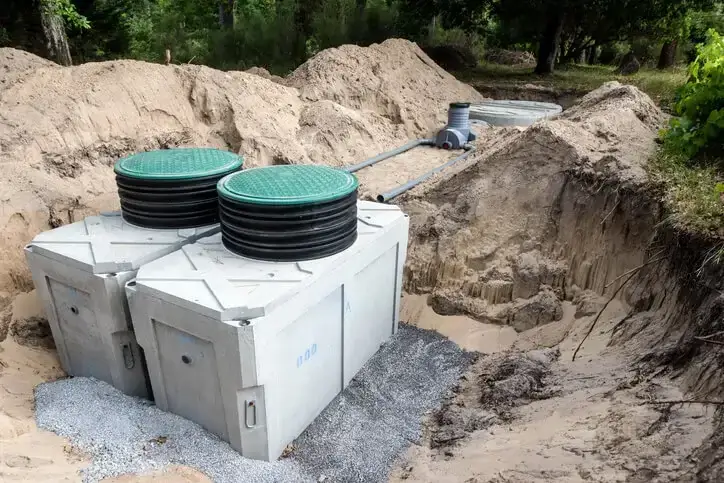Why is my air pump so noisy?
There are several potential reasons why a septic air pump may be making loud noise, including:
- The diaphragm is an important component of the air pump that helps to move air through the system. If the diaphragm becomes worn or damaged, it can cause the pump to make loud noises.
- If there is excess backpressure on the pump, it can cause increased vibrations and result in loud noise. This can be caused by a variety of factors, including a clogged pipe or a pump that is too small for the system.
- Worn out or defective bearings can cause the pump to make a loud noise.
- If there is a clog or obstruction near the air tube, it can cause the pump to work harder and make louder noises as it tries to move air through the system.
- A cheap, low-quality pump may be more prone to making loud noises and experiencing problems due to its inferior construction and materials.
- As a septic air pump ages, it becomes worn and less efficient. This results in louder noises and other problems.
- When a septic aerator pump overheats, it can produce loud noises. These noises serve as a warning sign, indicating potential damage or malfunctioning of the pump. Timely attention is crucial to prevent further complications.
To prevent your septic air pump from making loud noise, it is important to choose a high-quality pump and to perform regular maintenance and inspections to identify and address any potential issues. If the pump is already making loud noises, it may be necessary to have it repaired or replaced to restore proper operation.
How loud is a septic air pump?
When properly working, these pumps are generally not very loud and can be hardly heard. However, if a septic air pump is making squealing, hammering, grinding, or excessive noise, it may be an indication of a faulty air pump. This is caused by a variety of factors such as improper installation, poor quality pump, and worn or damaged components.
To reduce the amount of noise produced by a septic air pump, it may be helpful to use a septic air pump housing cover. These covers are designed to enclose the pump and help to dampen the noise it produces.
Septic Air Pump Making Loud Noise: FAQs
Septic Air Pump Making Loud Noise: Final Thoughts
Excessive noise can be an indication of a problem with the pump. It is important to identify and address the problem as soon as possible. If you are unable to fix the issue yourself, it is recommended to contact a professional for assistance.
